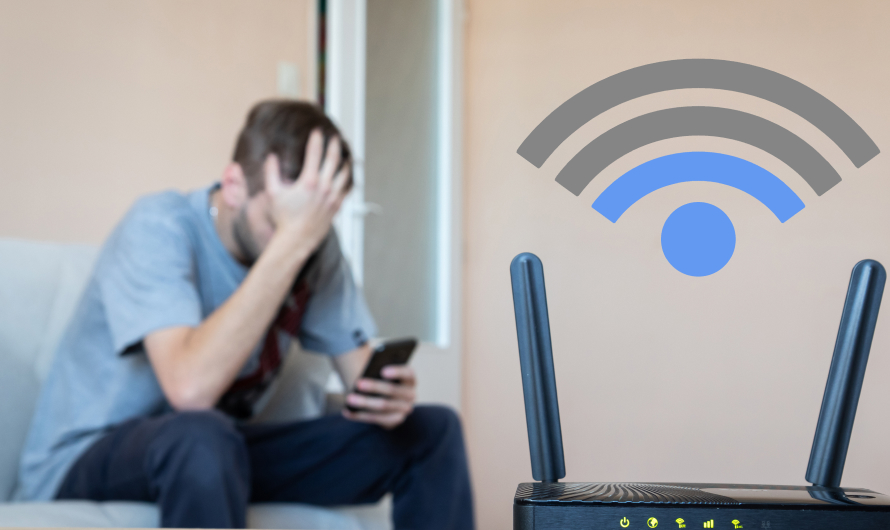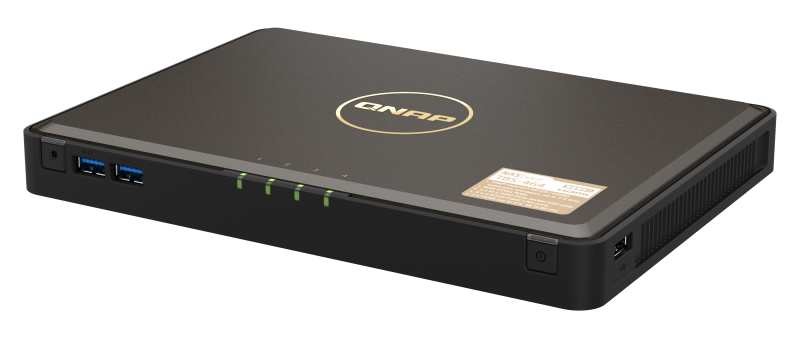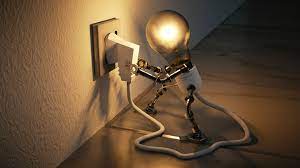There are a variety of factors that can affect your internet connection, and the weather is one of them. Rain, specifically, can interfere with your internet speed in a few different ways.
For starters, rain can cause physical damage to infrastructures like cables and satellite dishes. This is especially true in areas prone to severe weather conditions like thunderstorms and hurricanes. If any part of your internet setup is damaged by the rain, it could result in a slower connection.
In addition, rain can also absorb and reflect signals from wireless networks, which can make it more difficult for your devices to connect to the internet. Heavy rainfall can even completely block signal reception in some cases.
Last but not least, bad weather can lead to power outages, which can disrupt your internet service. If you live in an area that’s prone to power outages, it’s a good idea to have a backup plan in place so you can still stay connected even if the power goes out. If you need to find an ISP that has minimal outages, you might want to check out Mediacom internet 400 prices.
So, there you have it – a few reasons why rain can impact your internet speed. Now that you know how weather can affect your connection, you can be more prepared next time there’s a storm brewing.
Internet Slow Due to Weather (12 Ways to Fix)
- Check for physical damage to your internet setup: If any part of your internet setup is damaged by the rain, it could result in a slower connection.
- Check for wireless signal interference: Rain can also absorb and reflect signals from wireless networks, which can make it more difficult for your devices to connect to the internet.
- Check for power outages: Bad weather can lead to power outages, which can obviously disrupt your internet service.
- Use a VPN: A VPN can help you bypass some of the weather-related issues that might be affecting your internet connection.
- Disable auto-updates: Auto-updates can consume a lot of bandwidth, so disabling them may help improve your connection speed.
- Close unused tabs and programs: Having too many tabs or programs open can slow down your internet connection.
- Clear your browser cache: Clearing your cache can help improve your internet speed by freeing up some space on your hard drive.
- Upgrade your internet package: Sometimes, the problem isn’t with the weather, but with your internet package. If you’re constantly experiencing slow speeds, it might be time to upgrade to a higher-tier package.
- Use a wired connection: If possible, connect your computer directly to the router using an Ethernet cable. This will give you the fastest and most reliable connection.
- Move closer to the router: The further away you are from the router, the weaker the signal will be. If you’re experiencing slow speeds, try moving closer to the router.
- Use a different browser: If you’re using a browser that’s known for being resource-heavy, it could be causing your internet to run slow. Try switching to a lightweight browser like Opera or Microsoft Edge.
- Check for malware: Malware can cause all sorts of problems, including slowing down your internet connection. Run a scan with your antivirus program to see if there’s anything on your computer that shouldn’t be there.
CONCLUSION
There are multiple reasons why rain can impact your internet speed. However, there are also a few ways to fix the problem. By following the tips above, you can help ensure that you stay connected even when the weather is bad. The best thing to do is opt for the Mediacom internet 200 plan, and avoid outages and speed throttling completely.



